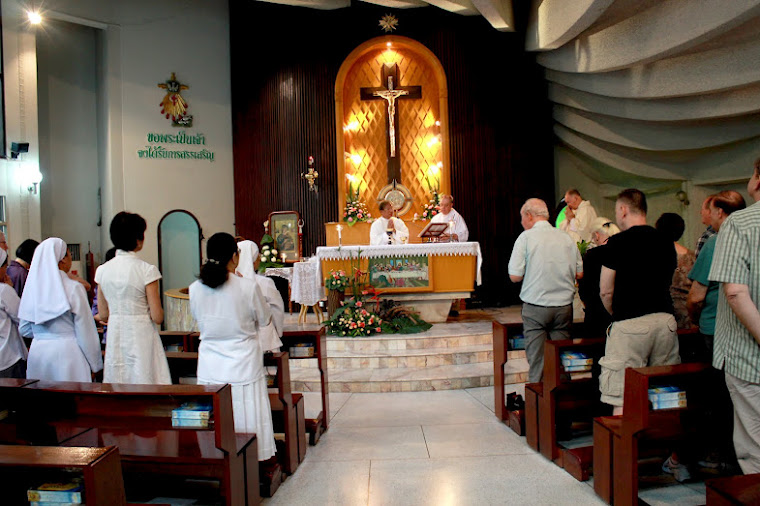Religion is founded on human nature and taps into it. Its very name defines "religion" as binding us together. Assembly is at the core of being church. Without assembly, how do we be church?
Within the pandemic, during this era of the next normal, social interactions and relationships are not in question. What is in question is how. How do we meet as human beings? How do we transact social interactions? How do we gather?
As we enter the next normal, we are not just returnees rushing back to the herd. Is what we had to be so treasured anyway? Maybe we could do a better job at it. Maybe there is need for some refinement. Maybe we are at a crossroads where we have an opportunity to renegotiate the social contracts that keep us together and so seek new and more life giving ways for gathering.
No matter what, we live life and we keep living it. As part of that struggle to live life, we keep coming together. To stay in isolation is like a slow suicide. It goes against the grain of being human and will never last. The question is do we come back together with a sense of awe and critical reflection? Is simple gathering all there is? Is this enough? Is there a better way? Can we not make new and more creative, life giving choices?
Underlying all, there are two basic tenets.
1) Our world is truly fragile, as are we.
2) God is in charge, not us.
When we lose sight of such fundamentals, we end up coming together in unknown and fearful ways, in arrogance and under the dishonest veneer of control. There is no future for humanity in following such a path.
This next normal offers us a challenge to come together in new ways that follow good lessons learnt through this pandemic. Namely,
We are all interconnected.
We all belong together in human solidarity.
We best look after each other.
We are responsible for each other.
As we face another new beginning in our history in coming out from lockdown to gather again, we can choose to face our present with courage and respond in new and better ways to be together. Such is a revolution being offered humanity in our times.
 |
| First Sunday back at church in the Next Normal |







